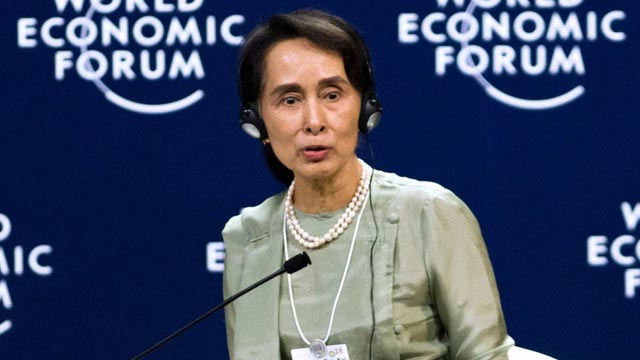Hanoi, Sep 13 (Just News): Myanmar leader Aung San Suu Kyi on Thursday said in hindsight her government could have handled the situation in Rakhine state better.
Some 700,000 Rohingya Muslims fled Rakhine after government troops led a brutal crackdown in Myanmar’s Rakhine state in response to attacks by the Arakan Rohingya Salvation Army on 30 Myanmar police posts and a military base in August 2017.
“There are of course ways in which, with hindsight, the situation could’ve been handled better,” Suu Kyi said at the World Economic Forum on Asean in Hanoi.
“But we believe that in order to have long-term security and stability we have to be fair to all sides. We can’t choose who should be protected by rule of law,” she said.
She also addressed the case of two Reuters journalists who were sentenced to seven years in jail last week after being found guilty of breaching the country’s Official Secrets Act for their work investigating a massacre of Rohingya Muslims.
Suu Kyi said the case had “nothing to do with freedom of expression” and Wa Lone, 32, and Kyaw Soe Oo, 28, “were not jailed for being journalists.”
“I wonder whether very many people have actually read the summary of the judgment which had nothing to do with freedom of expression at all, it had to do with an Official Secrets Act,” said Suu Kyi.
“If we believe in the rule of law, they have every right to appeal the judgment and to point out why the judgment was wrong.”
Suu Kyi has fallen from grace in the international community over the violence against the Rohingya over the past year. Suu Kyi won the Nobel Peace Prize in 1991, but in the last year several bodies have withdrawn major honours from her, for failing to protect the Rohingya minority. These groups include a major British trade union, the London School of Economics, the US Holocaust Museum, Dublin and at least four UK cities have withdrawn major honours.
Inside Myanmar, however, she remains nearly as popular as ever, seen as a bulwark against both military encroachment into politics and international condemnation.-Guardian





